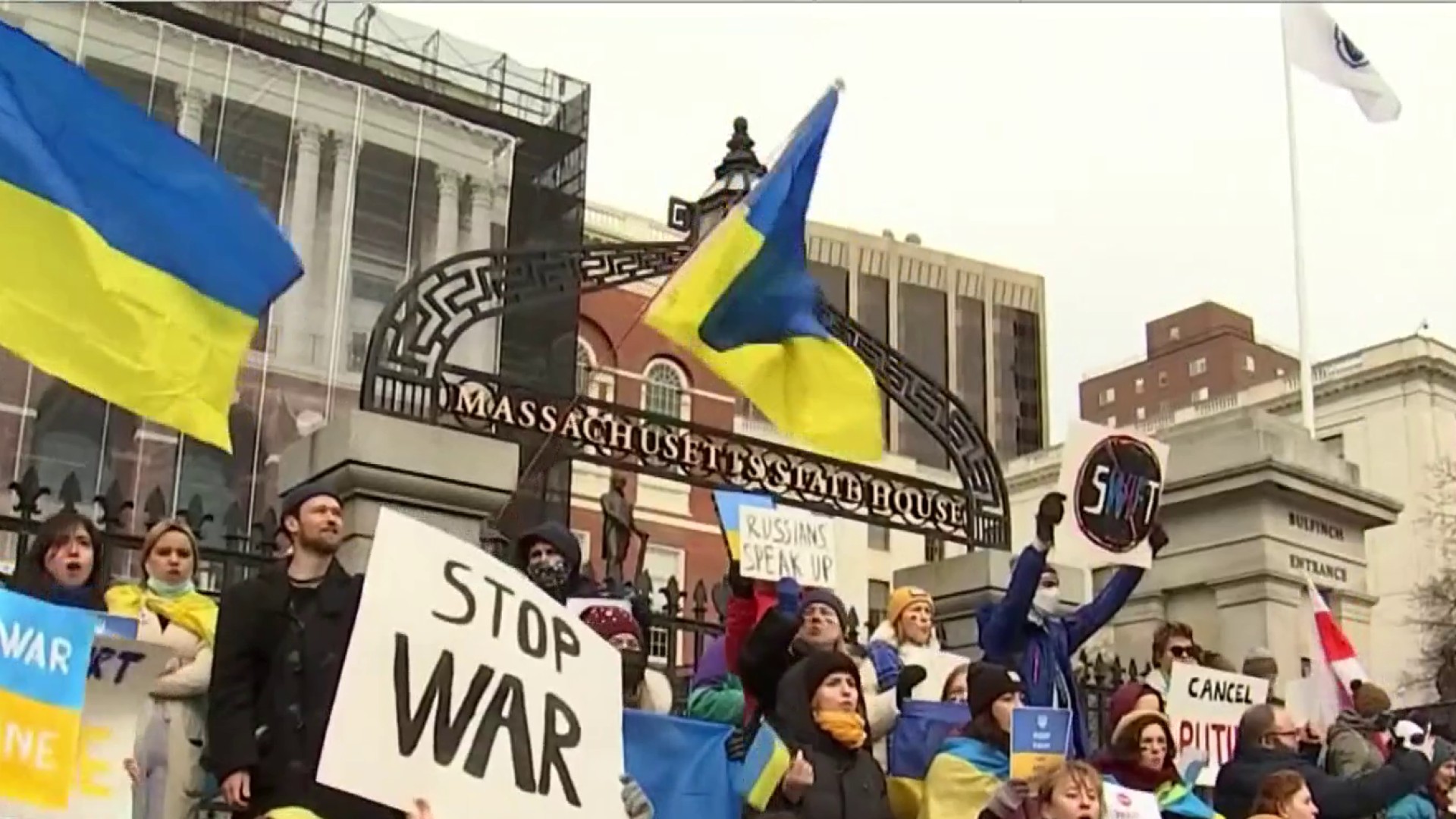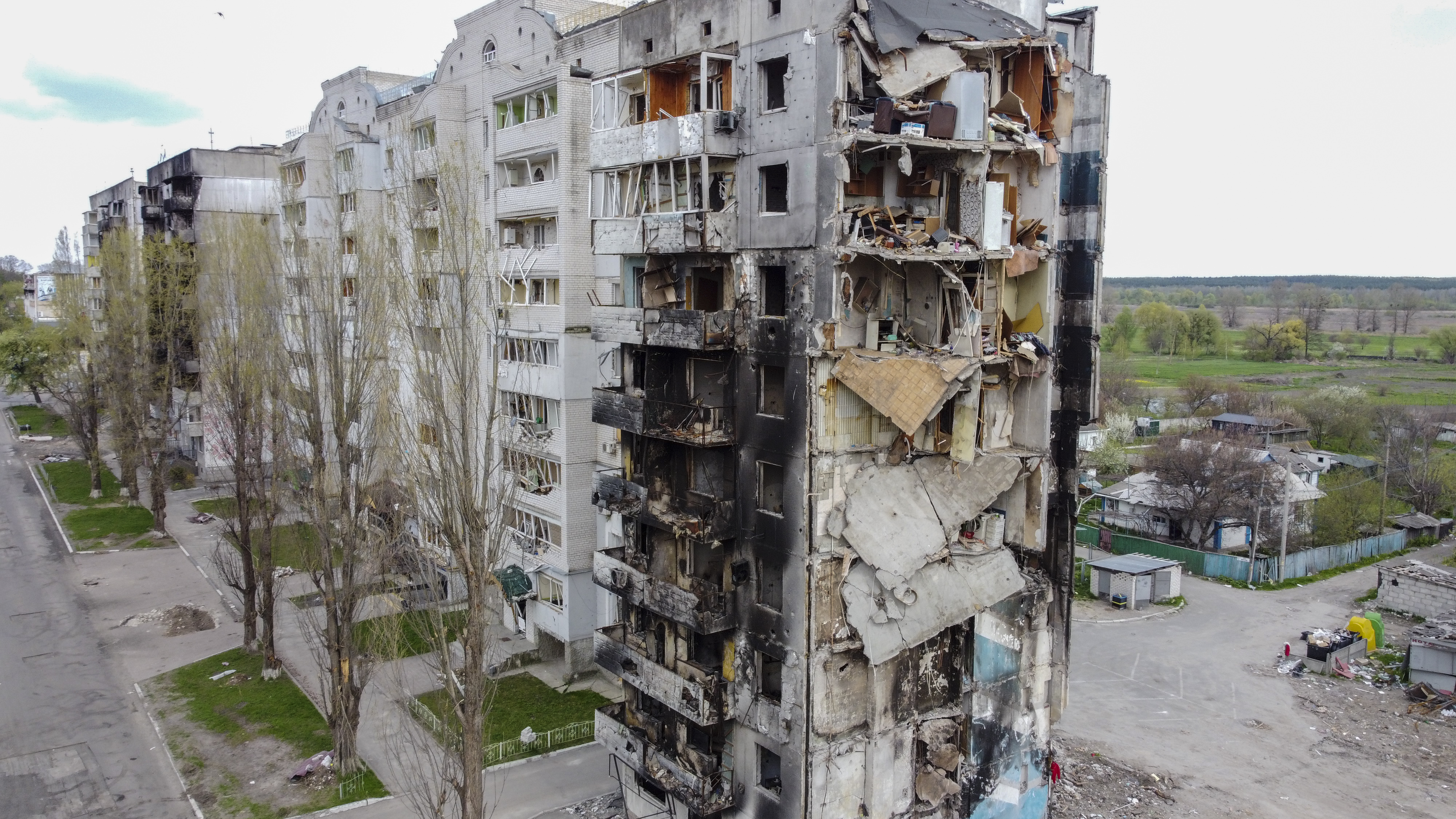Experts are looking back at the history that has led up to Russia's full-scale attack of Ukraine and discussing what the future might look like in Eastern Europe.
"This is such a risky move that I actually believe that the man may be a little bit unhinged," Wellesley College Professor Nina Tumarkin said of Vladimir Putin, on whom she teaches a seminar. "The way he saw it, the United States has been weakened by the chaotic pullout from Afghanistan, by the four years of the presidency of Donald Trump."
Tumarkin, an expert on Russian politics and history, says Putin saw this as the right moment to attack based on his perception that the U.S., Europe and Ukraine are all weak, and he wants to reclaim the former Soviet territory.
"Putin is now saying that Ukraine never was a state, that going back a thousand years, Ukraine and Russia have really been one country," said Tumarkin.
Get Boston local news, weather forecasts, lifestyle and entertainment stories to your inbox. Sign up for NBC Boston’s newsletters.
More on the Russia-Ukraine crisis
"It was always a part of the Soviet Union, so he wants it back," said Boston University Professor Liah Greenfeld.
Greenfeld was born in the former Soviet Union and says it's been clear for a long time that Putin would go after Ukraine.
"At this moment, clearly, Russia does not see the United States as strong, as decisive," she said.
"The stage has been set for this for a long time," said Professor Christina Kulich, who teaches European history at Suffolk University.
Kulich says Putin wants to regain territory that's important to him, and to re-establish Russia as a world power.
"He's been testing the water, and the West has let it happen," she said. "Remember, he invaded Georgia, we did nothing about it. Crimea, everybody's forgotten that."
Kulich does not think Putin will go after any NATO territories.
"Essentially, that would make the United States have to go to war against the Russian Federation, and I'm not certain that Vladimir Putin is going to go that far," said Kulich.
"This is a pivotal moment historically speaking," said Amherst College Professor Sergey Glebov. "We're witnessing really a major challenge, and so far, successful challenge to the architecture of European security."
Glebov, who is originally from Russia and has expertise in Russian imperialism, is not sure what, if anything, can be done to alter the course of Putin's ambitions.
"We are dealing with a politics that is based on resentment and grievances," said Glebov. "And not so much on rational calculation."



